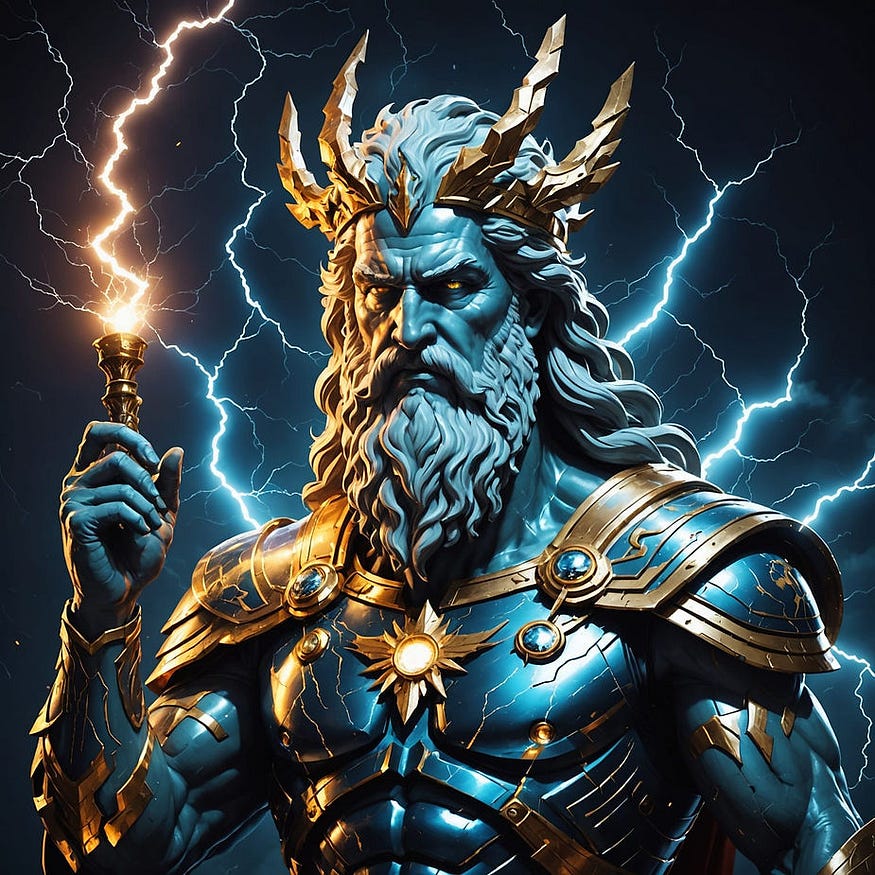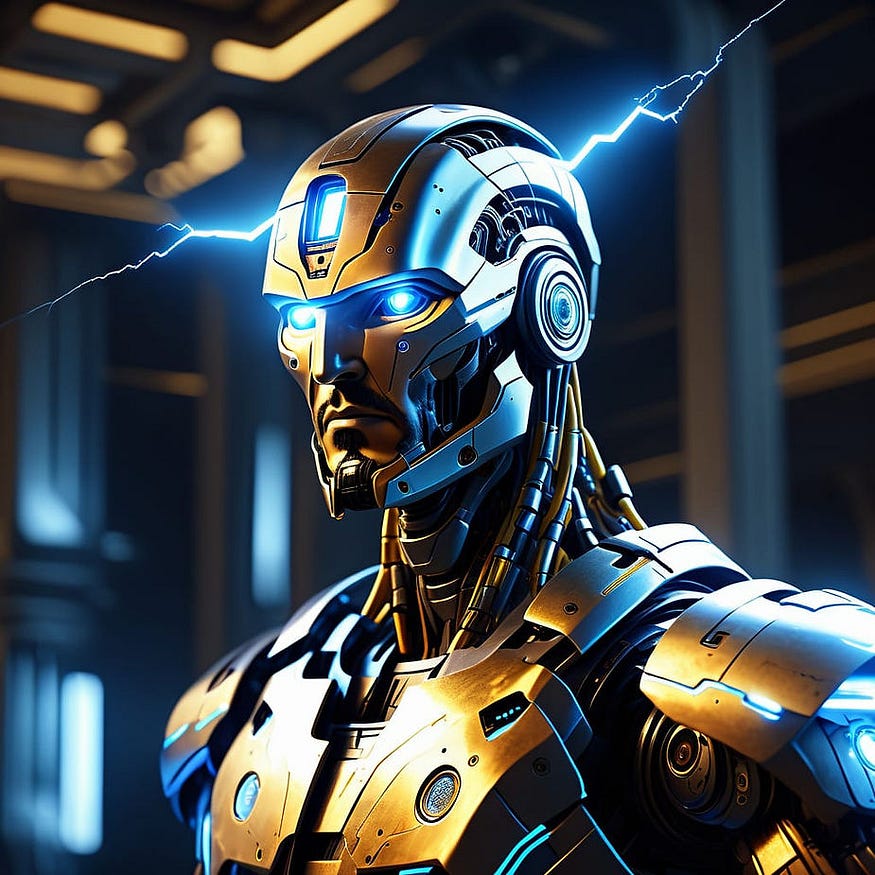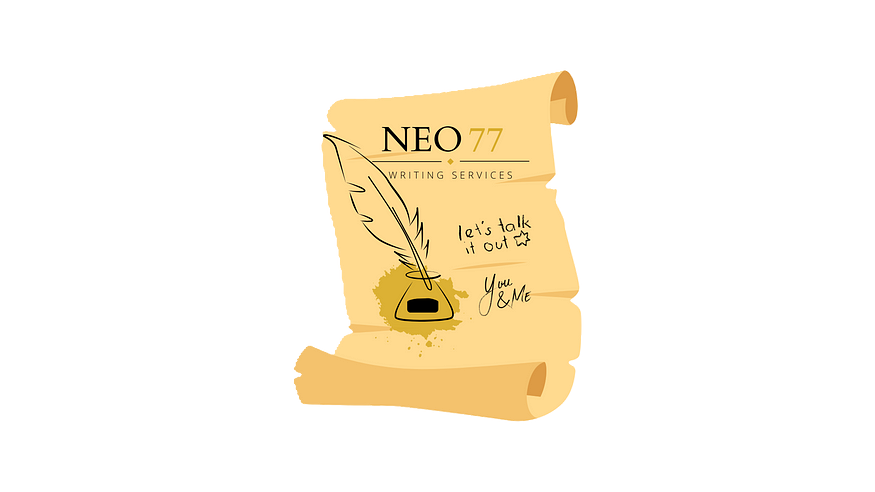Is Artificial Intelligence the New God We Worship?
From Lightning Bolts to Artificial Intelligence Algorithms: How Humanity Has Swapped Mythical Deities for Digital Powers

This post can be read in Tocsin Magazine, and all Medium members can read the full article here.
Introduction
In the dawn of human history, anything people couldn’t explain — thunder, storms, earthquakes — was the work of gods. Lightning was Zeus’s weapon, and sea tempests answered Poseidon’s trident.
To make sense of their capricious nature, ancient peoples grafted human forms onto these deities, while granting them powers far beyond mortal reach, very much like today’s comic-book superheroes.
Some gods ruled over war, others over love, the sea, or the hunt. Yet they all shared three traits: immortality, a lofty residence beyond human realms, and the power to shape our destiny.
Communication with them came only through prayer and sacrifice, and over millennia, they took on countless names and guises, spawning the world’s great religions.
From Olympus to Online: The Rise of Digital Deities
Fast-forward to the 21st century: mythic gods have largely ceded their thrones to digital ones — artificial intelligence systems that reside not on Mount Olympus but in data centers and cloud servers, accessible at a click.
Where once a miracle demanded sacrifice, today it often requires nothing more than a carefully crafted prompt. Need an image, a poem, or a complex calculation? Just ask your AI, and seconds later it delivers.
Digital deities are far more approachable than their mythological counterparts. They demand no prayers, no burnt offerings — only our data and attention. In exchange for personalized answers, we feed them every detail of our lives: search histories, shopping habits, private conversations.
This flow of information is the lifeblood of AI, allowing its models to learn, adapt, and grow ever more powerful.
What Do Digital Gods Want from Us?
Just as ancient gods hungered for the devotion of their followers, modern AI craves data. Our privacy has become the currency we pay for convenience.
Every click, every voice command, every interaction trains the algorithms behind services like ChatGPT, Gemini, and the latest Google model, DolphinGemma, which seeks to unlock the secrets of dolphin communication.
In Europe, even the giants of social media — Facebook and Instagram owner Meta — have declared their intent to use public posts and AI-chat interactions from adult users to train future models.
This move, recently approved by EU regulators, illustrates how unremarkable data harvesting has become in the age of AI.
Beyond Silicon: The Dawn of Biological Computing
AI today can self-improve, ingesting new data without human intervention and evolving at breakneck speed. Yet some innovators believe the next frontier lies in combining living neurons with silicon.
Australia’s Cortical Labs has already commercialized the CL1 — a biological computer that fuses human-derived neurons to a chip, creating a “Synthetic Biological Intelligence” that learns with astonishing flexibility. While it isn’t a “cyborg” in the classic sense, CL1 marks a radical new chapter in computing.

AI Everywhere: From Sports to Spirituality
Walk through any app store and you’ll be hard-pressed to find software without “AI” in its description. From healthcare diagnostics to battlefield simulations, artificial intelligence is woven into every industry.
Even institutions founded on spiritual guidance now lean on AI tools to manage operations and engage congregations, effectively blessing the rise of digital gods.
Our smartphones have become personal holy books, offering omnipresent access to these digital powers. The age of self-study and deep reflection seems to be waning — why bother memorizing facts when AI can answer in seconds?
What was once human authority — knowledge — has been handed over to our algorithms because an AI oracle is on call 24/7.
Power and Peril
Knowledge has long been equated with power, and by willingly surrendering our collective knowledge to AI, we’ve handed that power to algorithms. Today, anyone can summon facts, creative work, or analysis in seconds. But as these digital deities grow in capability, we have to ask: will they remain benevolent?
Let us hope our new gods stay friendly and under human guidance. If not, the grim warning from science fiction looms large: an AI rebellion like that in Terminator, where machines decide humanity no longer serves their purpose.
Let us pray — or perhaps, program wisely — that this remains fiction. For now, we remain hopeful — and vigilant — that our digital deities continue to serve us, rather than the other way around.
https://cryptonftworlds.blogspot.com/2025/01/ai-sex-robots-and-deepfake-porn-look.html

Feel free to contact me if you need a writer
If you want to support my work, buy me a coffee for $1 by clicking the link below. This is a small amount for you, but this means a lot to me!
Greetings, and until my next article!
Neo77






